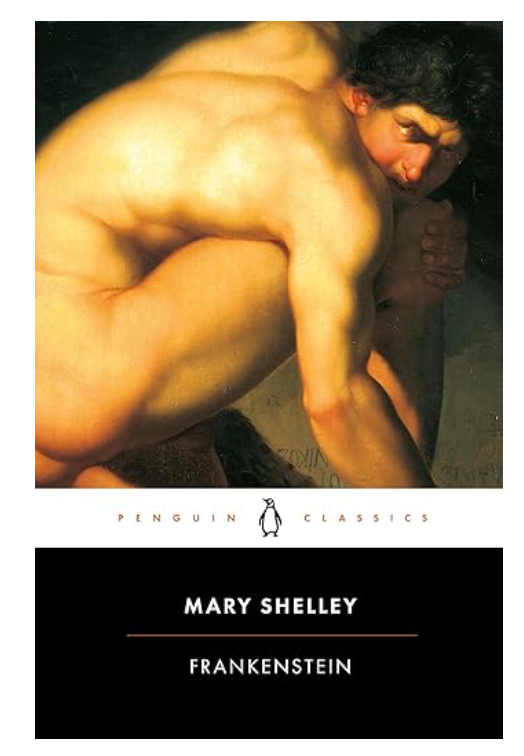Vanity Fair by William Makepeace Thackeray
- Caroline Hamar

- Mar 26, 2025
- 2 min read
William Makepeace Thackeray's 1847-48 satirical masterpiece, subtitled "A Novel Without a Hero," represents a watershed moment in the development of the Victorian novel. Originally published as a 19-month serial in Punch magazine, it established Thackeray as a major literary figure and helped define the satirical social novel.
When first published, the novel's cynical view of society and its morally ambiguous protagonist shocked some readers while delighting others. Its realistic portrayal of social climbing, financial scheming, and moral bankruptcy in Regency society was unprecedented. Today, it's celebrated as one of the greatest satirical novels in English literature.
The story follows Becky Sharp, a brilliant but amoral social climber, and her friend Amelia Sedley, a naive and sentimental woman, as they navigate love, marriage, and society in the early 19th century. The narrative spans several decades, including the period of the Napoleonic Wars and the Battle of Waterloo.
What makes this work particularly remarkable is Thackeray's innovative narrative technique. The narrator, who presents himself as a puppet master controlling the characters in a puppet show, frequently breaks the fourth wall to comment directly on the action and society's foibles. This meta-fictional approach was highly innovative for its time.
The character of Becky Sharp remains one of literature's most fascinating anti-heroines. Neither purely villainous nor truly sympathetic, she embodies the amoral materialism that Thackeray saw as characteristic of his society. Her intelligence, wit, and determination make her compelling even as her actions become increasingly questionable.
The novel's subtitle, "A Novel Without a Hero," reflects its radical departure from contemporary literary conventions. Instead of noble protagonists and clear moral lessons, it presents a cast of flawed characters whose moral failings reflect those of society at large.
What's particularly fascinating is how the novel handles the theme of social performance. Nearly every character is engaged in some form of pretense or performance, reflecting Thackeray's view of society as a kind of theatrical production - hence the puppet show metaphor that frames the narrative.
The novel's historical setting allows Thackeray to comment on both the Regency period and his own Victorian era. His portrayal of the Battle of Waterloo, seen from the perspective of civilians rather than soldiers, was revolutionary in its focus on the social rather than military aspects of historical events.
The book's examination of wealth, class, and social mobility remains remarkably relevant today. Becky's attempts to climb the social ladder, the importance of appearances over reality, and the power of money to shape relationships all resonate with contemporary readers.










Comments